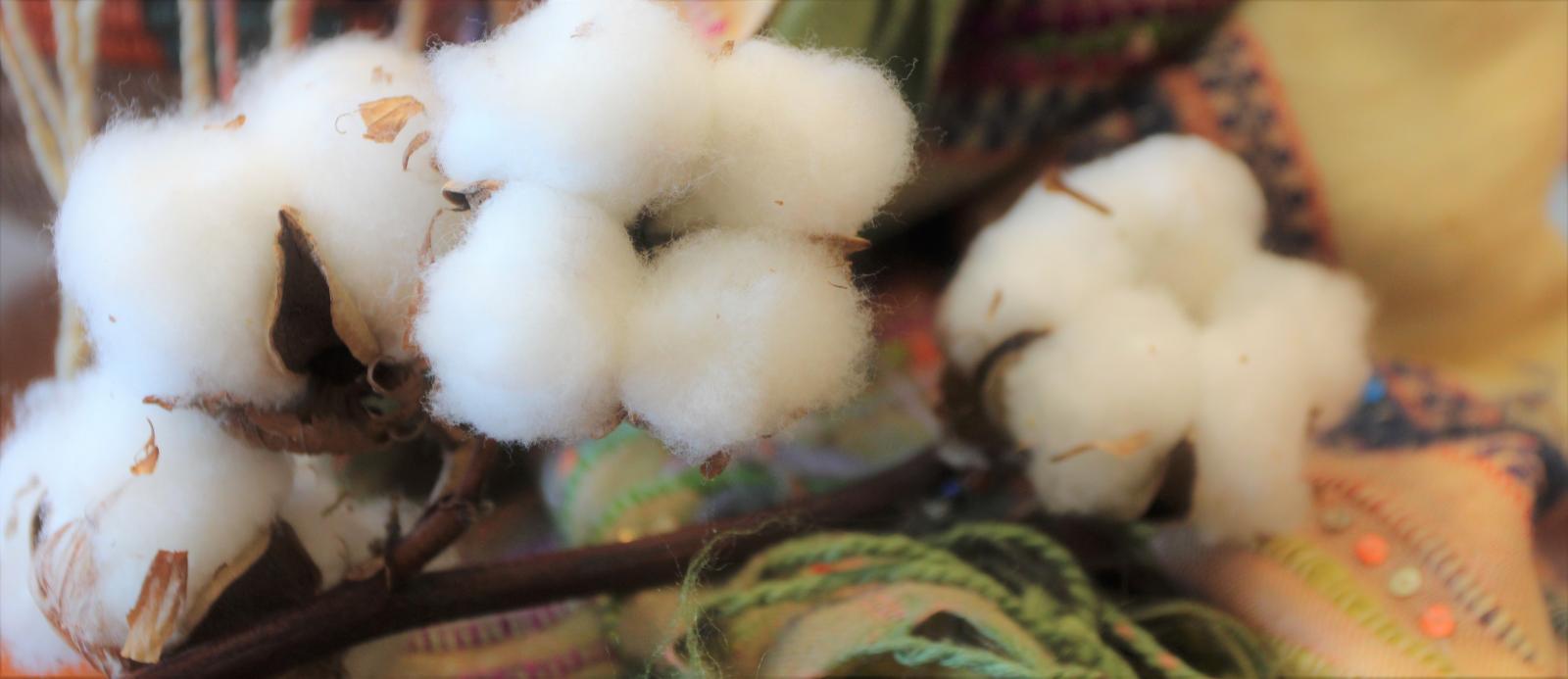OACPS joins forces to promote the “Cotton Route” Initiative to improve the business climate of the cotton industry in C4 countries
 Statement by H.E. Mr. Georges Rebelo Pinto Chikoti, Secretary-General of the Organisation of African, Caribbean and Pacific States on the World Cotton Day Celebration by the C4: Benin, Burkina Faso, Chad, Côte d’Ivoire and Mali
Statement by H.E. Mr. Georges Rebelo Pinto Chikoti, Secretary-General of the Organisation of African, Caribbean and Pacific States on the World Cotton Day Celebration by the C4: Benin, Burkina Faso, Chad, Côte d’Ivoire and Mali
Brussels, 7 October 2020/OACPS:The Secretary-General of the Organisation of African, Caribbean and Pacific States (OACPS) is honoured to join forces with the World Trade Organisation (WTO), the International Trade Centre (ITC), the United Nations Industrial Development Organization (UNIDO), and the European Union (EU) to celebrate this important day which has significant importance to our people and our industries.
The cotton industry represents an important economic sector for many members of the OACPS. It generates wealth, prosperity, investment and jobs, while promoting social cohesion and economic stability. Studies show that in addition to creating decent jobs in rural areas, income generated by the cotton industry enables populations to contribute to the construction of essential community projects such as schools and health centres.
Cotton is a lifeline for most Members of the OACPS. In West Africa for example, a cotton farmer’s typical smallholding of 2-5 ha provides the essential income for basic needs such as food, healthcare, school fees and tools. A small reduction in cotton prices can have serious implications for farmers to meet their needs. However, research shows that small increases in the seed cotton price can significantly improve the livelihood of cotton farmers.
Within the tri-continental OACPS, cotton also contributes to increased South-South cooperation. In this regard, “Sea Island Cotton” is a staple for the Caribbean, while cotton-based garments allow for rich cultural expression in the Pacific. Cotton is used for many of the traditional textiles of our peoples and is an ideal vehicle to transmit the cultural traditions that characterise our communities in all regions of our Organisation.
The OACPS in partnership with the European Union (EU) has implemented a wide variety of programmes that contribute to adding value, and improving the competitiveness and viability of the cotton sector, to maximize the impact on producers’ income. Indeed, we are currently collaborating on a programme, titled “Support to business friendly and inclusive national and regional policies, and strengthening productive capabilities and value chains” with the EU and ITC. These programmes support the full value chain, from small farmers to Micro, Small and Medium Enterprises (MSME) working with textiles and garments as well as renowned fashion designers.
As we recover from the COVID-19 pandemic, the OACPS is committed to supporting this industry, which is necessary to build resilience, and contribute to the economic transformation of our economies. Our ambition is to create a sustainable, competitive and inclusive cotton industry that attracts investment and integrates the regional and global value chains, while sharing our cultural heritage with the world. We continue to move towards our ultimate goal of promoting a conducive environment that encourages and facilitates competiveness and diversification while also fostering enhanced regional collaboration and integration.
Hence, we will strive to promote cross-fertilisation of experiences and dissemination of best practices, business-to-business dialogue and contacts, and stimulate the transfer of skills and technology in the cotton sector.
As Secretary-General, I am proud to join forces with the ITC and UNIDO to promote the “Cotton Route” through Benin, Burkina Faso, Chad, Côte d’Ivoire and Mali. This important initiative seeks to develop and strengthen productive capacities, encourage local cotton processing, improve the competitiveness of products to be marketed, increase investments in productive tools, and improve the overall business climate of the cotton industry in these countries. It also gives special attention to the promotion of women and youth employment.
The many lessons to be learnt from this experience will be shared with all regions of the OACPS, fostering the competiveness of this very important crop to Africa, the Caribbean and the Pacific.
On behalf of the OACPS, I reaffirm our commitment to ensuring that all efforts in supporting the cotton sector are fully aligned with the achievement of the Sustainable Development Goals, therefore contributing to the objectives of the revised Georgetown Agreement and the new OACPS-EU Partnership Agreement.
